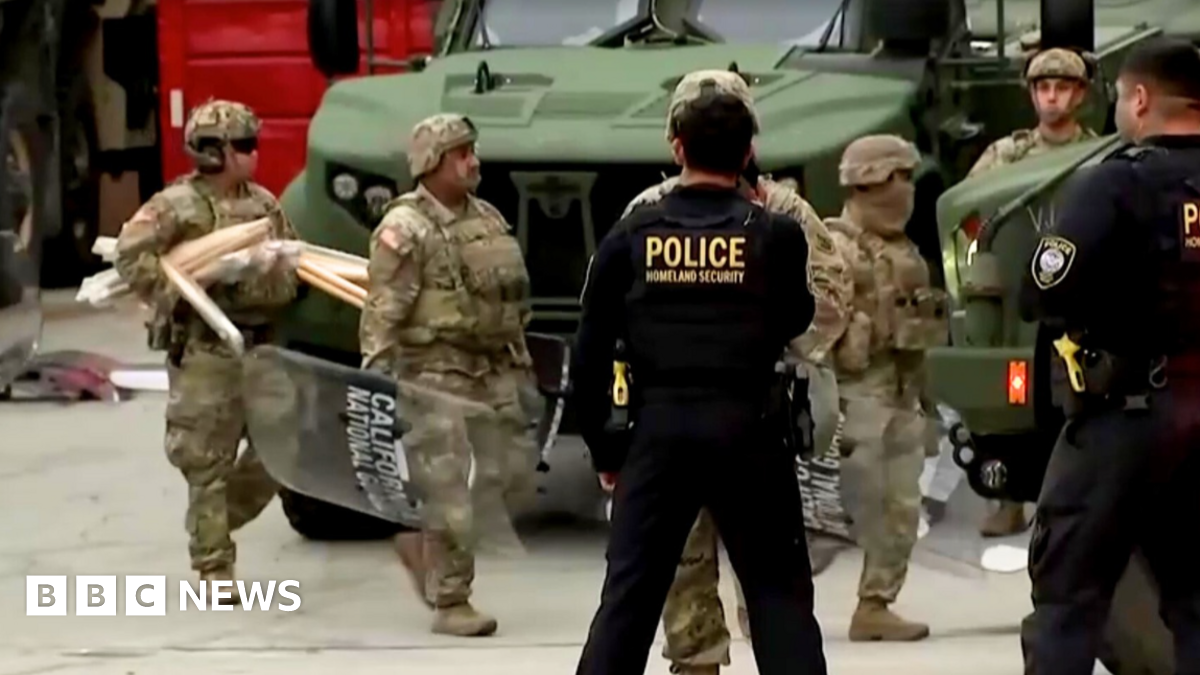Local Judge Arrested in Shocking Move: Does This Signal a Dangerous Trend in Trump-Era Justice?

The recent arrest of local judge Padilla has sent shockwaves through the legal community and raised serious concerns about the direction of justice in the United States. Seven weeks ago, the Trump Justice Department took the unprecedented step of arresting a sitting judge, a move that many feared would set a dangerous precedent. Now, those fears seem to be materializing as details of the case emerge and questions arise about the motivations behind the arrest.
Padilla, a respected figure in the local judiciary, was reportedly pushed to the ground and handcuffed during the arrest, a scene captured by onlookers and quickly circulating online. This aggressive approach has drawn criticism from legal experts and civil rights advocates who argue that it undermines the integrity of the judicial system. The incident has sparked a national debate about the potential for political interference in the courts and the erosion of due process.
What Led to the Arrest?
While the specifics of the charges against Padilla remain somewhat unclear, initial reports suggest they relate to alleged discrepancies in his financial disclosures. However, critics argue that the severity of the response—a public arrest involving physical force—is disproportionate to the alleged offense. They point to the fact that Padilla has a long history of public service and has never been accused of any serious wrongdoing before.
A Growing Trend?
The arrest of Padilla isn't an isolated incident. It comes amidst a broader pattern of increased scrutiny and aggressive tactics employed by the Trump Justice Department against individuals perceived as adversaries or critics. This has led many to believe that the recent actions are part of a deliberate strategy to intimidate and silence dissent, potentially chilling the independence of the judiciary.
“This is deeply troubling,” said legal scholar Dr. Emily Carter. “The Justice Department’s actions appear to be driven more by political considerations than by a genuine pursuit of justice. Arresting a judge in such a public and forceful manner sends a chilling message to all those who uphold the rule of law.”
The Implications for the Future
The Padilla case has far-reaching implications for the future of the American legal system. It raises fundamental questions about the separation of powers, the independence of the judiciary, and the potential for abuse of power by the executive branch. As the legal proceedings unfold, it is crucial that all parties involved uphold the principles of fairness, due process, and transparency.
The arrest also highlights the importance of judicial independence and the need to protect judges from political interference. It serves as a stark reminder that the rule of law is fragile and requires constant vigilance to safeguard. The events surrounding Padilla's arrest will undoubtedly be studied and debated for years to come, as the nation grapples with the implications for its democratic institutions.
What's Next?
Padilla is currently facing legal proceedings, and the outcome of the case will likely set a precedent for future interactions between the Justice Department and the judiciary. The public is watching closely, demanding answers and accountability. The case underscores the urgent need for checks and balances to prevent the abuse of power and ensure that justice is served fairly and impartially.






